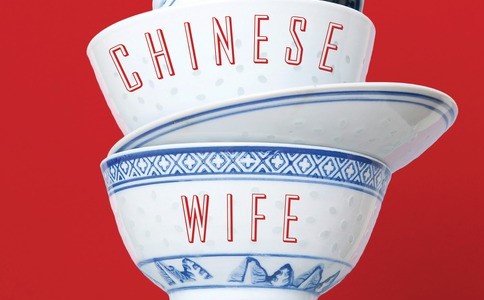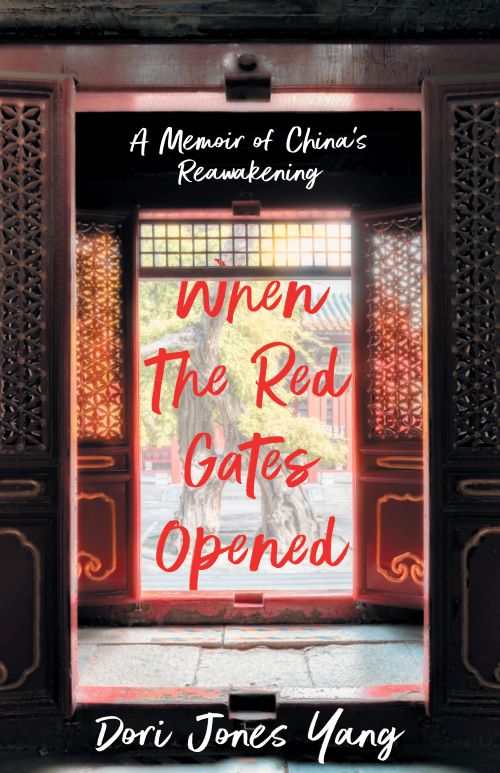As an American woman married to a Chinese man, I was intrigued when I discovered two recent memoirs by American women who married Chinese men. My memoir, coming out in September, is mainly the story of a young journalist covering China at a pivotal moment of history—but it also includes how I met and married my husband. Anyone interested in cross-cultural marriages might be fascinated in these two case studies.
The success: How Sweet the Bitter Soup, by Lori Qian (2019, She Writes Press). The failure: Good Chinese Wife: A Love Affair with China Gone Wrong, by Susan Blumberg-Kason (2014, Sourcebooks). Of these two, one marriage succeeded; the other failed. That was obvious from the book descriptions. Naturally, I was eager to find out why.
When people ask me to explain why my cross-cultural marriage succeeded, I have come up with this answer: before we married, we each deeply understood and admired the country/culture of the other. My husband had lived, studied, and worked in the United States for twenty years; I spoke Chinese and had lived in both Singapore and Hong Kong and traveled many times to Taiwan and mainland China.
Yet this glib answer doesn’t explain the difference between these two outcomes. Of the two authors, Susan Blumberg-Kason had studied Mandarin and Chinese politics and had spent more time in Hong Kong and China than had Lori Qian, who knew no Chinese before moving to Guangzhou to teach English.
Also, I tell people, I knew my husband for two and a half years before I married him. (This overlooks the fact that I decided to marry him just one month after meeting him on an airplane.) However, both these authors knew their husbands only a few months before agreeing to marry them. Coincidentally, both husbands were college graduates from the same province, Hubei. Both were tall and dashing.
In fact, I had more in common with Susan (the failed marriage) than with Lori, if I may be so familiar as to use their first names. My husband was divorced; so was Susan’s. Her husband was living in freer Hong Kong at the time, while Lori’s had never left mainland China.
Both authors tried hard to be “good Chinese wives,” accepting differing cultural norms and trying to be the wives they were expected to be. That’s something my husband—and his parents—never expected of me! And I never tried.
From reading the books, it seems the Lori’s husband was just plain kind and considerate, while Susan’s was controlling and self-absorbed. But don’t we all bring out different traits in others? I think my husband is kind and considerate, but his first wife found him controlling and self-absorbed.
Here’s the only conclusion I can draw: Each marriage, whether cross-cultural or not, involves two individuals, with unique personalities, habits, and expectations. Sometimes they match well. Sometimes they don’t. Cultural differences are just like any other differences.
That’s not terribly profound, I realize. We are all individuals, and when choosing a mate there is an element of luck.
You can find out more at these author websites: http://www.susanbkason.com/good-chinese-wife/#.XtwVoTpKjZs and https://loriqian.com/how-sweet-the-bitter-soup/.



